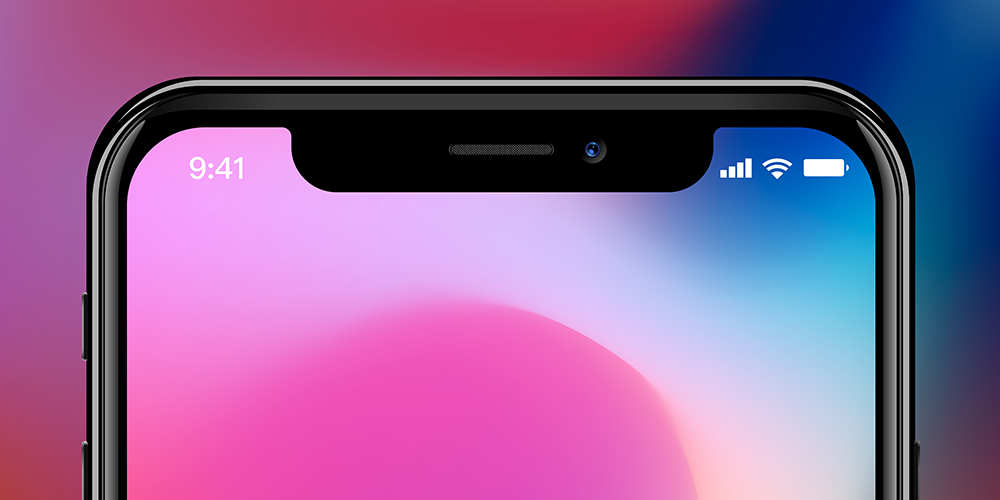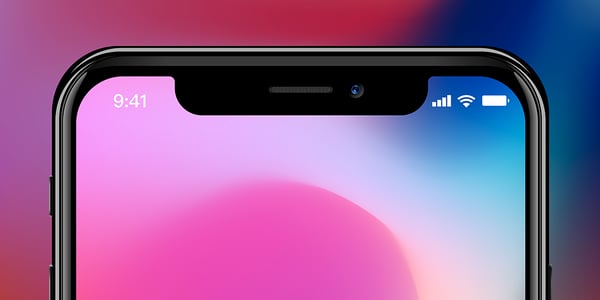
This week's review of ad fraud and quality in the digital advertising space.


"Verizon said on Thursday it is pulling advertising on Facebook until the company 'can create an acceptable solution that makes us comfortable,'" reported CNBC. "A company spokesperson said the pause applies to both Facebook and Instagram. It comes as marketers including Ben & Jerry’s, Patagonia and REI have also said they plan to pause advertising on the platforms."

"Unilever will stop advertising on Facebook, Instagram and Twitter in the U.S. through the end of 2020," reported Adweek. "The CPG giant joins a growing number of companies boycotting social advertising," the article added.

"The Media Rating Council (MRC) this [week] officially released new standards intended to 'modernize' how the advertising and media industry manage a key component of digital ad fraud: so-called 'invalid traffic,' or IVT," reported MediaPost, detailing the updates.

"Citing disruption caused by COVID-19, as well as continued regulatory uncertainty, the ad industry is urging California's governor to delay enforcement of the state's new privacy law," reported MediaPost. The organization is also asking for the global opt-out mandate to be scrapped, per MediaPost.
*By entering your email address and clicking Subscribe, you are agreeing to our Terms of Use and Privacy Policy.
These Stories on Weekly Recaps
*By entering your email address and clicking Subscribe, you are agreeing to our Terms of Use and Privacy Policy.

Disclaimer: The content of this page reflects Pixalate’s opinions with respect to the factors that Pixalate believes can be useful to the digital media industry. Any proprietary data shared is grounded in Pixalate’s proprietary technology and analytics, which Pixalate is continuously evaluating and updating. Any references to outside sources should not be construed as endorsements. Pixalate’s opinions are just that - opinion, not facts or guarantees.
Per the MRC, “'Fraud' is not intended to represent fraud as defined in various laws, statutes and ordinances or as conventionally used in U.S. Court or other legal proceedings, but rather a custom definition strictly for advertising measurement purposes. Also per the MRC, “‘Invalid Traffic’ is defined generally as traffic that does not meet certain ad serving quality or completeness criteria, or otherwise does not represent legitimate ad traffic that should be included in measurement counts. Among the reasons why ad traffic may be deemed invalid is it is a result of non-human traffic (spiders, bots, etc.), or activity designed to produce fraudulent traffic.”

